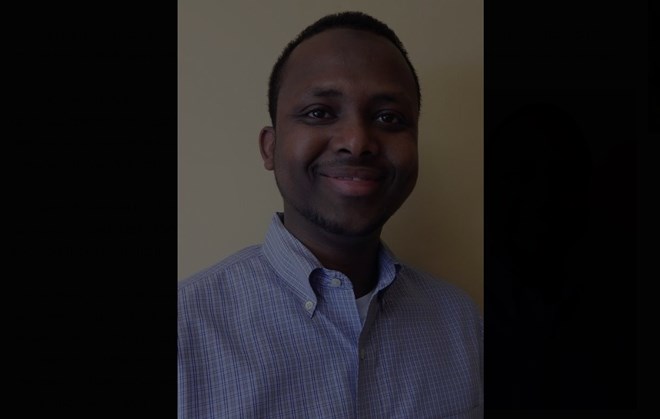
Saturday June 4, 2022
By KRISTINE GOODRICH

A former Faribault day care owner who filed a federal lawsuit claiming he was wrongfully accused of fraud because he is Somalian has received a $210,000 settlement.
The Minnesota Department of Human Services has agreed to pay Abdullahi Ali Hussein $177,000. The city of Faribault, Rice, Le Sueur and Ramsey counties, and the Minnesota Prairie County Alliance — the human services agency for Steele, Waseca and Dodge counties — will pay a combined $33,000.
An attorney representing three of the defendants denies any wrongdoing but said the settlement was less costly than going to trial.
Hussein filed the federal lawsuit in April 2021 alleging he was racially targeted for an investigation that forced him to shut down his day care center and prompted criminal charges that were later dismissed.
Hussein owned Hyatt Daycare, which was authorized to care for up to 124 children, the vast majority of whom were of Somalian descent and received a subsidy through the Minnesota Child Care Assistance Program.
The lawsuit claimed the Minnesota Department of Human Services created a list of Somali-owned day care centers and targeted them for fraud investigations.
“Department of Human Services assumed that all such day cares were engaged in fraud and refused to distinguish between small billing errors and actual fraud, all for the purpose of closing down the day care centers and preventing the day care centers from receiving Minnesota Child Care Assistance funds,” the lawsuit said.
Hyatt Daycare was investigated by DHS, Faribault Police, Rice County and the Minnesota Prairie County Alliance.
Hussein was charged with fraud in 2018, after investigators recorded fewer children entering the building than the number for which the day care submitted state funding reimbursements.
The investigators did not take into account that day care centers can receive reimbursement for enrolled children even when they are absent ― up to 25 days per child annually ― the lawsuit contended.
All the counties named in the lawsuit and the Minnesota Prairie County Alliance had revoked Hyatt Daycare’s Minnesota Child Care Assistance funding. That effectively forced the center to close, the lawsuit states.
“Defendants relied on assumptions and racial/national origin stereotyping and took action without regard to whether the evidence supported a finding …,” the lawsuit said.
The lawsuit also claimed Rice County filed the criminal charge against Hussein “in furtherance of the conspiracy to close down Hyatt Daycare based on race and national origin, and to hide its true discriminatory motives.” A Rice County judge dismissed the charge for lack of probable cause.
In addition to financial loss, the lawsuit claimed Hussein “suffered extreme emotional harm” from the damage to his reputation. He also owns other businesses, including the Lyndale Halal Market, and was a board member of the Faribault Chamber of Commerce.
“He watched all success, happiness, fame and business taken away from him in a matter of minutes by a government that is supposed to serve and protect, not target and destroy without probable cause based on race and/or national origin,” the lawsuit stated.
The settlement was reached in March and the lawsuit was dismissed on May 27.
James Andreen, attorney for Rice and Le Sueur counties at the Minnesota Prairie County Alliance, said they “properly investigated and prosecuted” Hussein and he believes they “would have prevailed in the lawsuit.” But he said they agreed to pay a small settlement, because it was less costly.
“The amount is reasonable to end the litigation and protect the counties from the time, cost and inconvenience of further litigation,” Andreen said. “There was no wrongdoing on the part of Minnesota Prairie County Alliance, Rice and Le Sueur counties.”
Attorneys for Hussein did not respond to invitations to comment.
Minnesota Department of Human Services Deputy Commissioner Chuck Johnson provided the following statement:
“The Minnesota Department of Human Services is committed to reaching the best possible solutions to contentious issues and appropriate use of state resources. As such, we believe a settlement is in the best interest of all parties.”